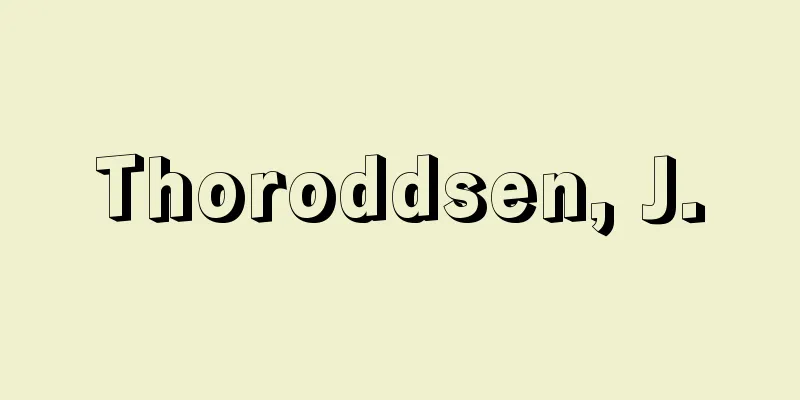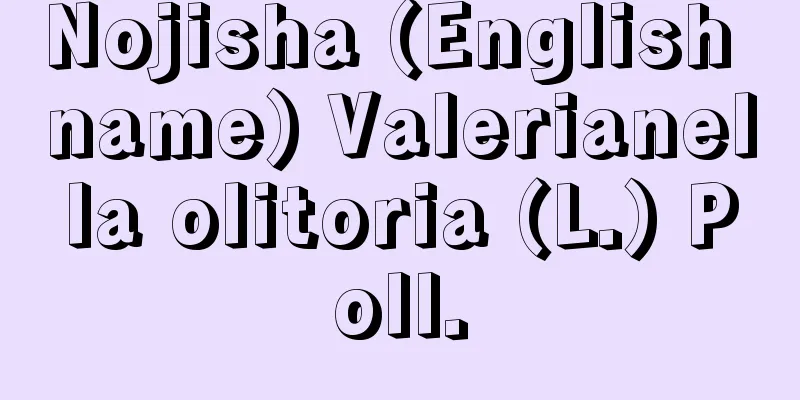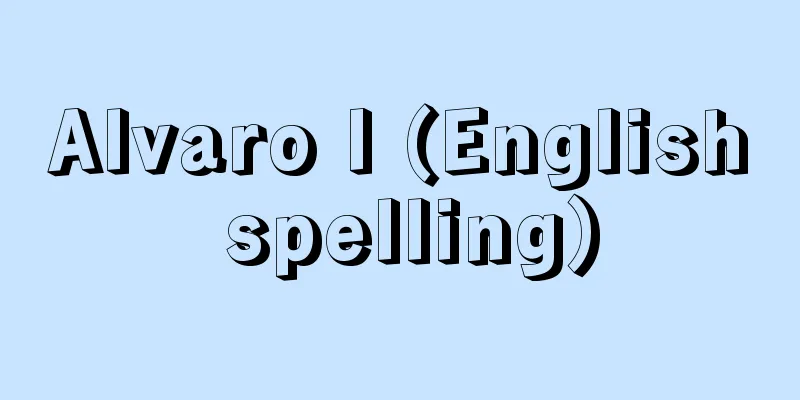Literary Lectures - Bungeikowa

|
Abbreviation for "Speech at the Yan'an Literary Symposium," Mao Zedong's representative work on literary issues. The symposium, held in 1942 as part of the Yan'an Rectification Movement, had three general meetings on May 2nd, 8th, and 23rd in a conference room at the Yan'an Central Office. This book is a compilation of Mao's opening remarks ("Introduction") on the first day (the 2nd) and his concluding remarks ("Conclusion") on the final day (the 23rd). It was first published in the Liberation Daily on October 19th, 1943, and thereafter became a basic document in the anti-Japanese border areas, as well as in the new Chinese literary movement and the ideological reform movement of intellectuals. There are considerable differences between the new edition based on the contents of Volume 3 of the Selected Works of Mao Zedong (1953) and the previous edition, but the main contents are (1) that literature should be for the masses of the people and that literature in the anti-Japanese united front should stand on the side of the party, the proletariat, and the workers, peasants, and soldiers, and (2) that how to write literature for the masses of the people is to be the source of literature in the people's lives, and that writers and intellectuals should immerse themselves in the lives and struggles of the people for a long time and unconditionally, and become one with the workers, peasants, and soldiers in terms of their thoughts and feelings. From this perspective, it also discusses issues such as popularization and improvement, politics and art/humanity theory, bright and dark themes, praise and exposure, motivation and effect, learning and creation. This work played a certain positive role during the War of Resistance, but later, with the absolutization of Mao Zedong Thought, its theories of political priority, subject matter-based thinking, and ideological reform became extremely dogmatic, paving the way for the far-left line of persecution of intellectuals and denial of culture during the Cultural Revolution. [Keiichi Ito] "Literary Lectures" translated by Yoshitaka Takeuchi (Iwanami Bunko)" ▽ "Literary Lectures" translated by the Selected Works of Mao Zedong Publishing Committee (Otsuki Shoten/Kokumin Bunko)" Source: Shogakukan Encyclopedia Nipponica About Encyclopedia Nipponica Information | Legend |
|
文芸問題に関する毛沢東(もうたくとう)の代表的著作『延安文芸座談会における講話』の略称。1942年、延安整風運動の一環として開かれた同座談会は、延安中央弁公庁の会議室で5月2日、8日、23日と3回全体会議をもつが、この書は、毛沢東の初日(2日)の冒頭発言(「引言」)と最終日(23日)の結語(「結論」)とをまとめたものである。43年10月19日付け『解放日報』に初めて公表され、以後、抗日辺区および新中国の文芸運動と知識人の思想改造運動の基本文献となった。『毛沢東選集』第三巻(1953)所収に基づく新版とそれ以前の旧版とにかなりの異同があるが、おもな内容は〔1〕文芸を人民大衆のためのものとし、党、無産階級、工農兵大衆の立場にたつ抗日統一戦線の文芸のあり方を論じ、また、〔2〕いかに人民大衆のための文芸を書くかについて、文芸の源泉は人民の生活にあり、作家・知識人は長期・無条件に人民の生活・闘争のなかに入って自己改造し、思想・感情まで工農兵と一体になることを説く。またこの観点から、普及と向上、政治と芸術・人間性論、光明と暗黒の題材、賛美と暴露、動機と効果、学習と創作などの問題を論じている。この著作は抗戦期に一定の積極的役割を果たしたが、その後、毛沢東思想の絶対化に伴い、その政治優先、題材主義、思想改造の理論などが極端に教条化されて、「文革」中の知識人迫害・文化否定の極左路線へ道を開いた。 [伊藤敬一] 『竹内好訳『文芸講話』(岩波文庫)』▽『毛沢東選集刊行会訳『文芸講話』(大月書店・国民文庫)』 出典 小学館 日本大百科全書(ニッポニカ)日本大百科全書(ニッポニカ)について 情報 | 凡例 |
Recommend
Meleagros (English spelling)
Hero of Greek mythology. Son of King Oeneus of Cal...
Fumio Kamei
Documentary film director. Born in Fukushima Pref...
Oga Region - Ogachiho
...Lake Hachirogata, once the second largest lake...
Guadalcanal [island] - Guadalcanal
The largest island of the Solomon Islands in the s...
Dark Night Journey - Anyakoro
A full-length novel by Shiga Naoya. It was serial...
Large front curtain - Large front curtain
〘Noun〙 ("Dai" means formal) A type of ma...
Sisebut
...This made it possible to form a political syst...
Motoori Harumura
1767‐1836 (Meiwa 4‐Tenpo 7) The second son of Moto...
Sokuon - Sokuon
A sound that is expressed as "っ" in mod...
Greenhouse (bathroom) - Onshitsu
…Naturally, storehouses for donations, furnishing...
Takamatsuzuka Tomb - Takamatsuzuka Tomb
A mural-painted tumulus from the late 7th century...
Gerontology
… Weber classifies legitimate rule into three pur...
Pension financing method
Generally, in pension systems based on the contrib...
geodetic latitude
…coordinates with the origin at the center of the...
Vittorino da Feltre (English spelling)
1378‐1446 Italian humanist educator. Born in north...









